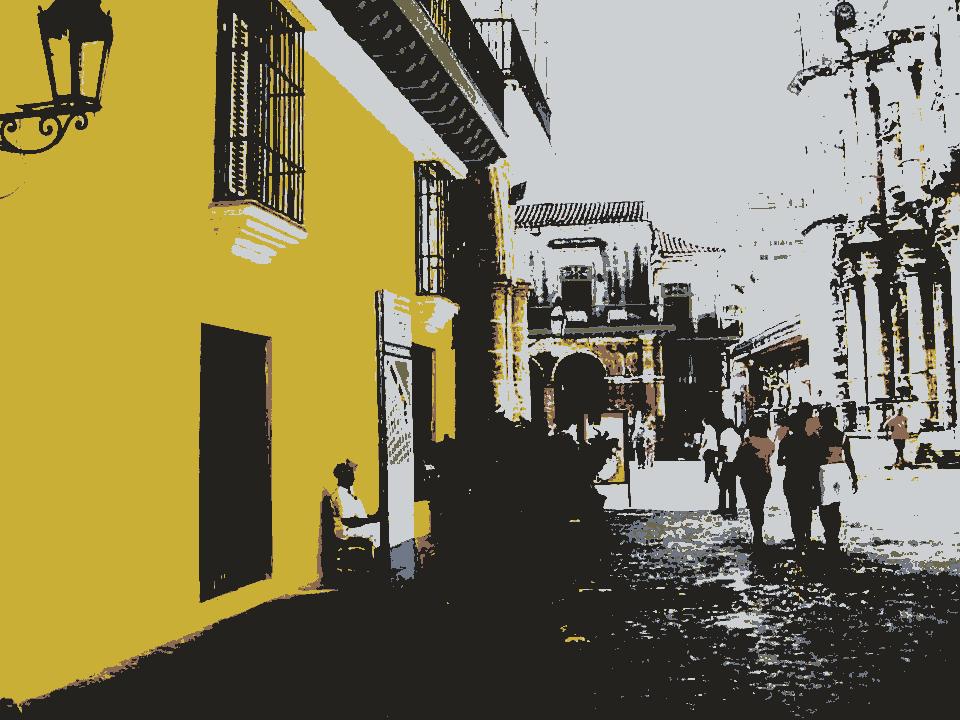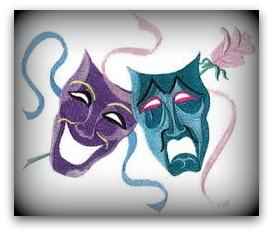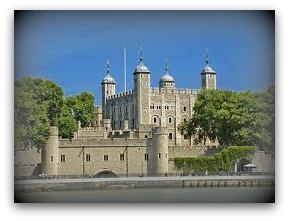 It is often noted by anti-Stratfordians that Ben Jonson said of Shakespeare that he had ‘small Latin and less Greek’. This is often, out of context, taken to mean that Shakespeare had almost no classical knowledge and, by extension, was uneducated. The comment was actually an extended compliment to Shakespeare, where Jonson said that Shakespeare eclipsed not only his contemporaries but the ancients. He outshone Lyly, Kyd and Marlowe and though he ‘had small Latin and less Greek he stood alone in comparison for comedy and tragedy with all that insolent Greece or haughty Rome sent forth, or since did from their ashes come.’ Anyway, most authors had small Latin and less Greek when compared with Jonson’s prodigious classical learning.
It is often noted by anti-Stratfordians that Ben Jonson said of Shakespeare that he had ‘small Latin and less Greek’. This is often, out of context, taken to mean that Shakespeare had almost no classical knowledge and, by extension, was uneducated. The comment was actually an extended compliment to Shakespeare, where Jonson said that Shakespeare eclipsed not only his contemporaries but the ancients. He outshone Lyly, Kyd and Marlowe and though he ‘had small Latin and less Greek he stood alone in comparison for comedy and tragedy with all that insolent Greece or haughty Rome sent forth, or since did from their ashes come.’ Anyway, most authors had small Latin and less Greek when compared with Jonson’s prodigious classical learning.
Shakespeare left school well equipped. By the time a grammar-school boy left his school he had as much classical education as a university student of Classics today. Of course education does not stop on leaving school. Shakespeare read medieval poetry (Chaucer, Gower), Italian fiction (Boccaccio, Cinthio), contemporary history (Holinshed), ancient history (Plutarch), contemporary romance (Philip Sydney, Robert Greene), Greek romance (Apollodorus), and contemporary philosophy (Montaigne). Richard Field, a printer, was a contemporary of Shakespeare in Stratford and the printer of his first poems. It is remarkable that Field also printed many sources of Shakespeare’s plays: Ovid, Plutarch and Holinshed, three of Shakespeare’s favourite texts. It is clear that Shakespeare kept up with new ideas and literary discoveries as they reached the English market.
It is often alleged that the level of technical knowledge of certain areas of Shakespeare’s plays – such as the law or the court – is not compatible with that of a grammar-school boy. This strange assertion is often behind attempts to prove that Shakespeare was not the man from Stratford. Thus an argument is created that for legal knowledge the plays must have been written by a lawyer (Francis Bacon) or that for knowledge of the court the plays must have been written by an aristocrat (the Earl of Oxford). Similar arguments have been made for Shakespeare’s knowledge of birds, botany or seafaring. This is a very strange line of thought. It assumes that authors depend on their own professional experiences. Shakespeare did not need to be a lawyer to gain legal knowledge, especially in extremely litigious Elizabethan times; he was involved in at least six legal cases himself. Court life was familiar to Shakespeare, especially after the Chamberlain’s men were invited to perform there. To believe that only lawyers can make legal references or that only aristocrats know of the court, misses a crucial aspect of being a writer: imagination. Added to the undoubted research that Shakespeare indulged in, there is nothing in his plays that could not have come from close observation of the world around him; of human idiosyncrasy, hypocrisy, humanity, compassion, politics and paradoxes.
Shakespeare was intellectually proximate with Montaigne. Montaigne was a psychological philosopher, whereas Shakespeare was psychological dramatist. Gonzalo’s speech on the ideal commonwealth in The Tempest comes from Montaigne’s essay On Cannibals. Montaigne’s influence on Shakespeare’s language is interesting. Montaigne’s Essays were introduced to the English speaking world in 1603. Shakespeare must have read it because after 1603 Coffin Taylor identified 750 parallels, words and phrases that were not in Shakespeare’s language before. All the examples are too numerous to mention, but there is ‘concupisible’ in Montaigne (translated) and Measure for Measure; ‘harping’ and ‘pregnant wit’ in Montaigne and Hamlet and ‘chirurgions’ in Montaigne and The Tempest. Many, many new words and phrases appeared in tandem with Montaigne after 1603. The Earl of Oxford died in 1604.
Another strange question regarding Shakespeare involves travel. How did he gain knowledge of ancient Greece (A Midsummer Night’s Dream, Timon of Athens, Troilus and Cressida), ancient Rome (Julius Caesar, Coriolanus, Romeo and Juliet), Egypt (Cleopatra) and ancient Britain (King Lear, Cymbeline). Well, the answer is obvious: he didn’t go to these places; he read about them. Nothing in Shakespeare’s use of foreign locations requires more knowledge than might be gained easily from reading or gained from an existing story. Shakespeare set Romeo and Juliet in Verona because that is where Arthur Brooke set the poem that is the play’s source. If he didn’t already have a story to adapt then there is nothing in the plays that could not be discovered from reading Plutarch or Ovid.
Anti-Stratfordians have often claimed that Shakespeare’s plays require direct knowledge of foreign locations and that, since there is evidence that Shakespeare never travelled, the plays must have been written by someone who travelled to Europe. This is a ridiculous argument. Edward de Vere travelled in Europe as a young man in the 1570s. This is often cited as one of the reasons why he, and not Shakespeare, wrote the plays and poems. Although the travel may open up the possibility of his being the author, his rather negligible poetic skill somewhat diminished his claims. Shakespeare’s career shows that it is possible to write great plays without actually visiting the places those plays are set in. Oxford shows us, very clearly, that travel does not necessarily lead to great writing.
To me, the fact that Oxford died in 1604 rather discounts him anyway, and, of course, he made no claims himself. To get around that fact we have all sorts of conspiracy theories from people desperate to believe that the plays were not the product of the ‘self-satisfied pork butcher’ from Stratford. Shakespeare was an ordinary man with an extraordinary talent. Some people find that hard to accept. Poor them.




